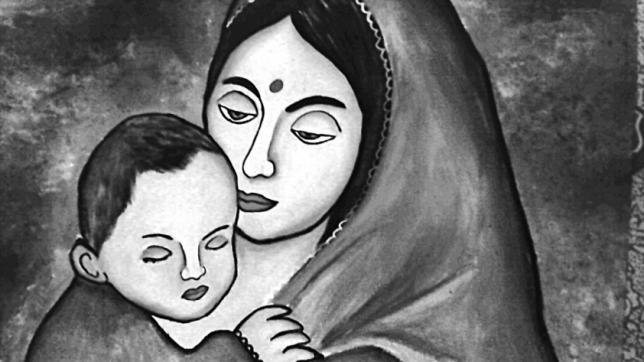
Staff Reporter: Expatriate writer and educationist Elora Halim Chowdhury’s new book ‘Ethical Encounters’ has been published. The book has received rave reviews in the United States. A discussion meeting has been held with her published book. She focused on the 1971 Bangladesh Liberation War at a discussion held at Darul Kebab Restaurant in Cambridge, Massachusetts, on Sunday afternoon (May 15), local time.
Contemporary, women-centered liberation war movies-features and documentaries show the various expenses of her marriage in front of expatriate geniuses, academics, journalists and businessmen.
Hosted by Monir Saji, a prominent Boston-based restaurant businessman, and conducted by Professor Khandaker Karim of the University of Massachusetts (Lowell), the conference was attended by people from all walks of life in Boston who listened to information on ‘Ethical Encounters’.

Elora Halim Chowdhury said that ‘Ethical Encounters’ is an exploration of the juncture of feminism, human rights and memory so that visual exercises to commemorate the violent legacy in Bangladeshi cinema can awaken the imagination of the global film industry for the advancement of humanity. Writer and educator Elora Halim Chowdhury has written the book based on her long experience and research. The book was published this year by Temple University Press, Pennsylvania, USA. The main themes of the book ‘Ethical Encounters’ are Transnational Feminism, Human Rights and Bangladesh War movies.
She said that Ethical Encounters is an exploration of the intersection of feminism, human rights, and memory to illuminate how visual practices of recollecting violent legacies in Bangladeshi cinema can conjure a global cinematic imagination for the advancement of humanity.

By examining contemporary, women-centered Muktijuddho cinema—features and documentaries that focus on the Bangladesh Liberation War of 1971—Elora Chowdhury shows how these films imagine, disrupt, and reinscribe a gendered nationalist landscape of trauma, freedom, and agency. Chowdhury analyzes Bangladeshi feminist films including Meherjaan, and Itihaash Konna (Daughters of History), as well as socially-engaged films by activist-filmmakers including Jonmo Shathi (Born Together), and Shadhinota (A Certain Liberation), to show how war films of Bangladesh can generate possibilities for gender justice.
Chowdhury argues that justice-driven films are critical to understanding and negotiating the layered meanings and consequences of catastrophic human suffering yet at the same time they hint at subjectivities and identities that are not reducible to the politics of suffering. Rather, they are key to creating an alternative and disruptive archive of feminist knowledge—a sensitive witnessing, responsible spectatorship, and just responsibility across time, and space.

Drawing on Black and transnational feminist critiques, Chowdhury explores questions around women’s place, social roles, and modes of participation in war as well as the visual language through which they become legible as victims/subjects of violence and agents of the nation. Ethical Encounters illuminates the possibilities of film as a site to articulate an ethics that acknowledges a founding violence of the birth of a nation, recuperates it even if in fragments, and imagines differently the irreconcilable relationship between humanity, liberty, and justice.
Elora Halim Chowdhury is Professor of Women’s, Gender and Sexuality Studies at the University of Massachusetts Boston. She is the author of Transnationalism Reversed: Women Organizing against Gendered Violence in Bangladesh, which won the National Women’s Studies Association’s Gloria E. Anzaldúa Book Prize. She is the coeditor of South Asian Filmscapes: Transregional Encounters; Interdisciplinary Approaches to Human Rights: History, Politics, Practice; and Dissident Friendships: Feminism, Imperialism, and Transnational Solidarity.
BP/SM



